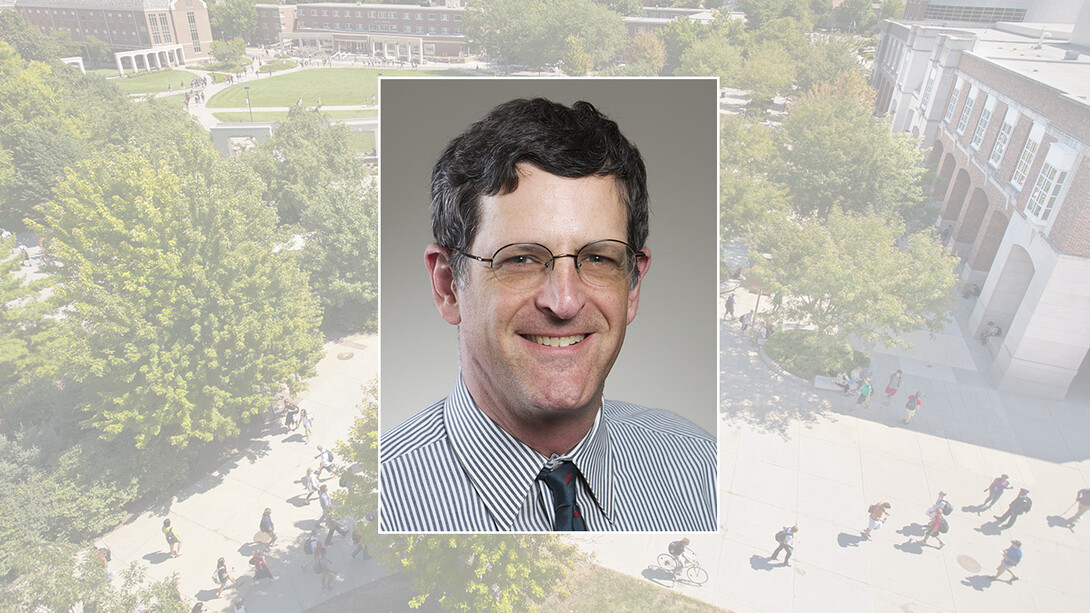
David L. Sloss, John A. and Elizabeth H. Sutro Professor of Law at Santa Clara University School of Law, will present a lecture as part of the College of Law’s Law and Democracy Series from noon to 1 p.m. Feb. 18 in McCollum Hall, Room 111. The lecture is open to the public and approved for 1.0 continuing education credit in Nebraska, including 1.0 hours of ethics.
Sloss will discuss his upcoming book "People v. The Court: The Next Revolution in Constitutional Law." In his talk, he will present a normative theory of judicial review that builds on John Hart Ely’s work, dividing Constitutional Law into rights issues and structural issues.
Structural Constitutional Law focuses on the division of power among government actors. That framing omits a key structural feature of the Constitution: the division of power between We the People and our government. Constitutional rights doctrine focuses on negative, individual rights. Accordingly, constitutional doctrine ignores one crucial right: the affirmative, collective right of We the People to control our government.
Sloss' theory divides constitutional issues into three baskets: rights, structure and democratic self-government. The theory relies on a distinction between strong, weak and deferential judicial review. In a system of strong review, judicial decisions applying the Constitution are not subject to legislative override. In a system of weak review, judicial decisions are subject to legislative override. With deferential review, courts generally defer to legislative judgments.
This lecture is part of Nebraska Law’s Law and Democracy Series, provided by generous support from Ron and the late Barb Schaefer.
To register and find more information, visit the lecture's website.







